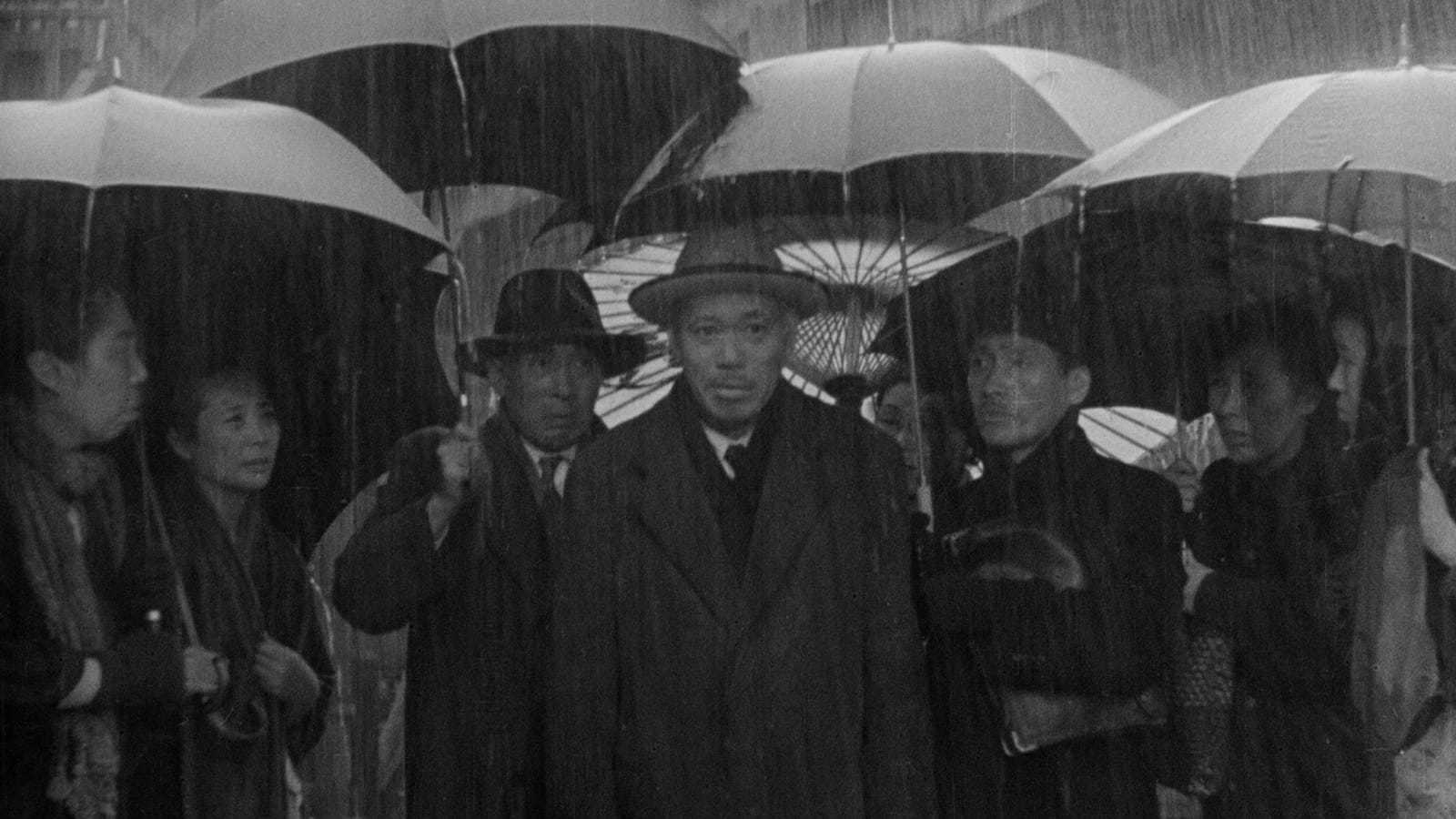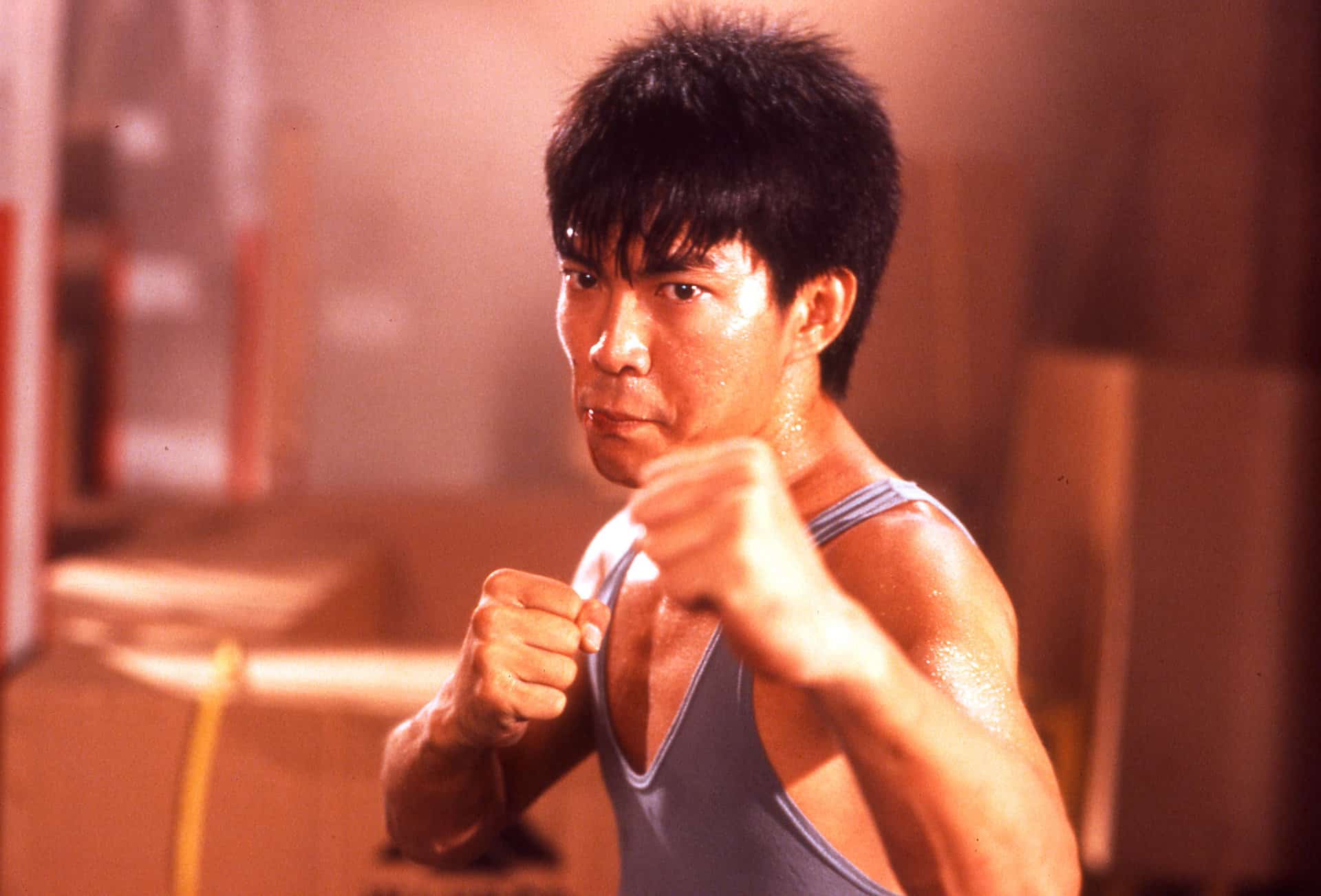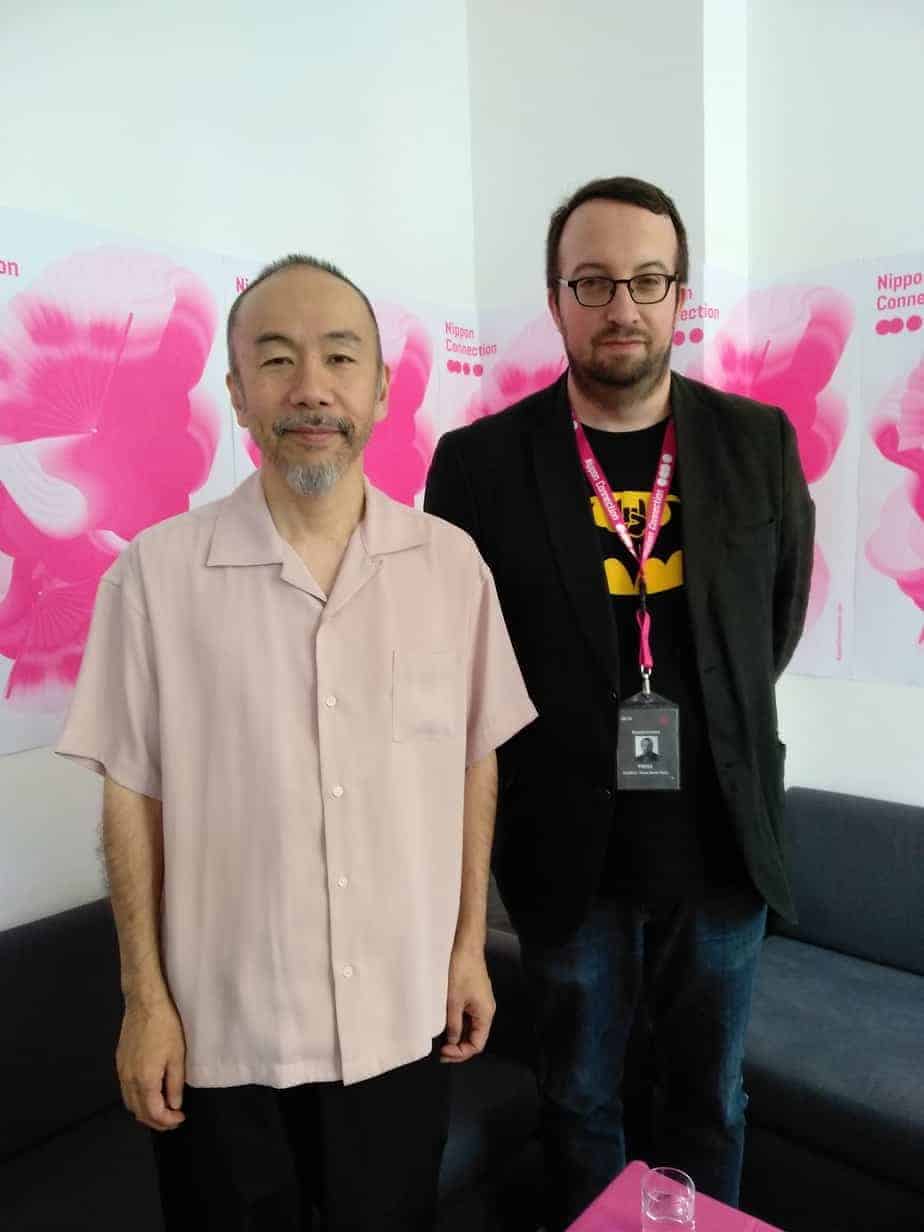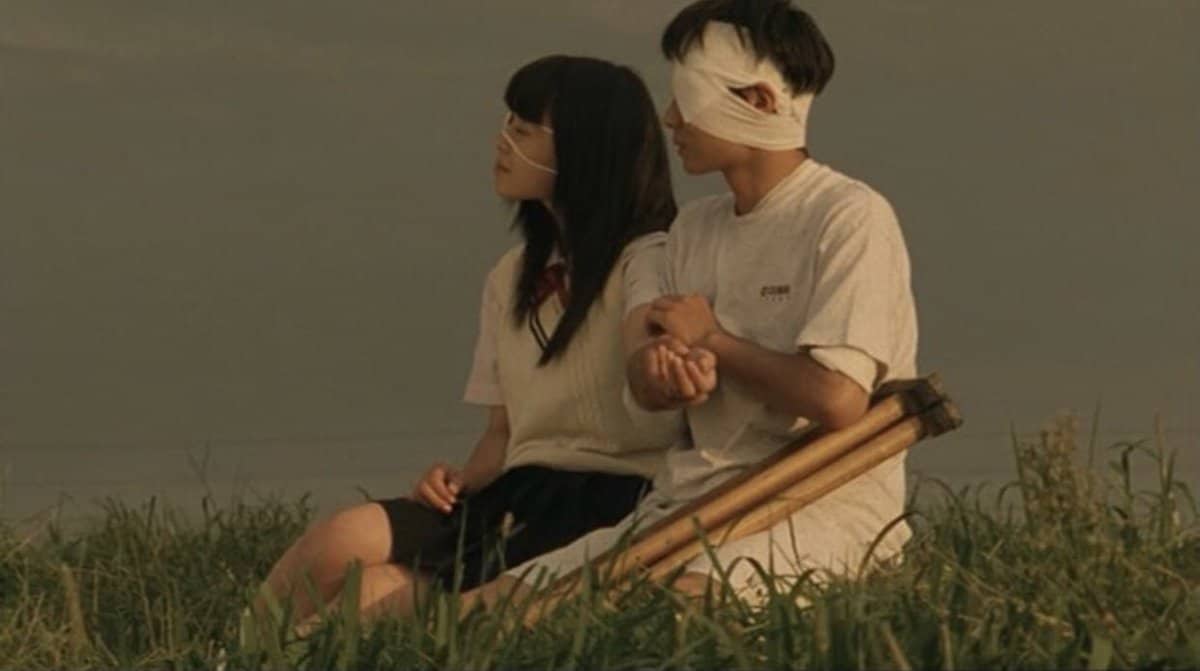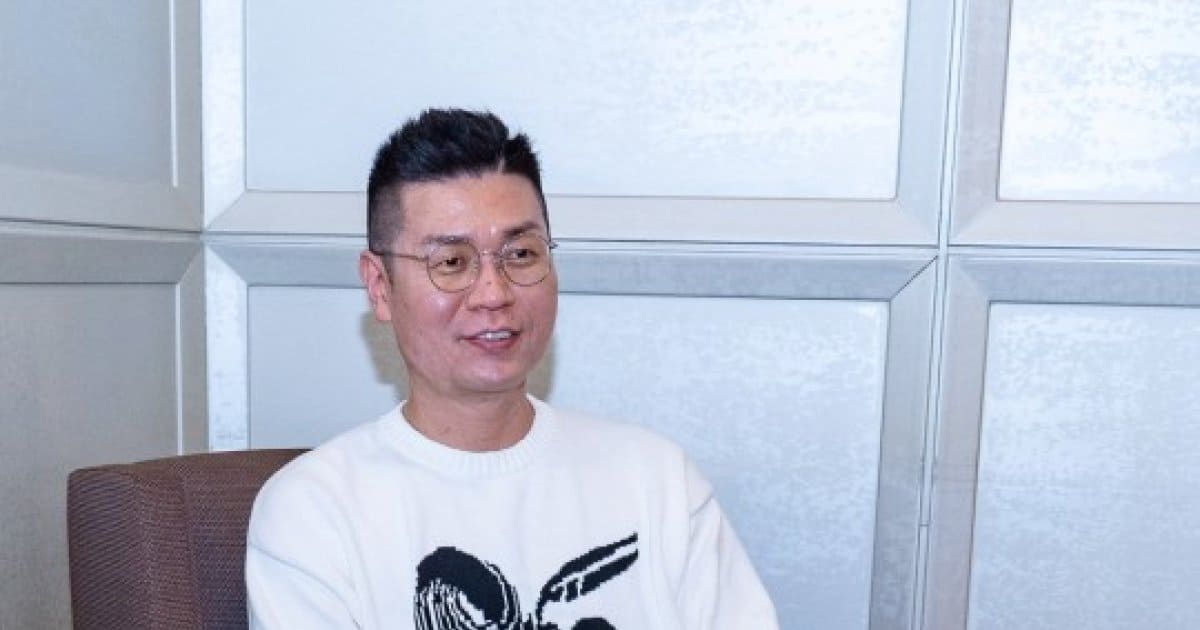2010s
11. A Separation (2011, Asghar Farhadi, Iran)
Won “Best Foreign Language Film” at the 84th Academy Awards

The darling of Iranian cinema, being not only the country's highest earner at the box office but also the first-ever to win a Golden Globe, an Academy Award, and the Golden Bear at the 61st Berlinale. The colossal success of this drama made Asghar Farhadi a household name both domestically and overseas, granting him a seat in the Academy of Motion Picture Arts and Sciences.
At its core, ‘A Separation', which was also written by Farhadi, dissects marital discontent, familial disharmony, and the quality of life at different social levels. Sprinkled within the story are also enlightening moments which give a glimpse behind the Persian veil of patriarchal Islamic traditions- heavy topics that were shockingly included post-edit, given how strictly censored media coming out from Iran normally is.(Leon Overee)
12. Shoplifters (2018, Hirokazu Koreeda, Japan)
Nominated for “Best Foreign Language Film” at the 91st Academy Awards

“Shoplifters” is a touching family drama by one of the most significant talents of that particular genre. With a magnificent cast and the beautiful cinematography by Kondo Ryuto, it is a film which deserves the praise it has received and, undoubtedly, will receive in the near future. In many ways it is a story not of, but rather for our times, for the “invisible people” as actress Cate Blanchett called them referring to the family in “Shoplifters” are there, although we have forgotten about them. And their stories need to be told, need to be taken seriously and deserve attention. (Rouven Linnarz)
At this point of history, the Academy's board of directors convened and agreed to rename the prize category to “Best International Feature Film” beginning at the 92nd Academy Awards in 2020. The term ‘Foreign' became outdated within the global filmmaking community and the art of film was recognised as a universal experience without borders.
13. Parasite (2019, Bong Joon-ho, South Korea)
Won “Best International Feature Film”, “Best Director”, “Best Original Screenplay” and “Best Picture” at the 92nd Academy Awards
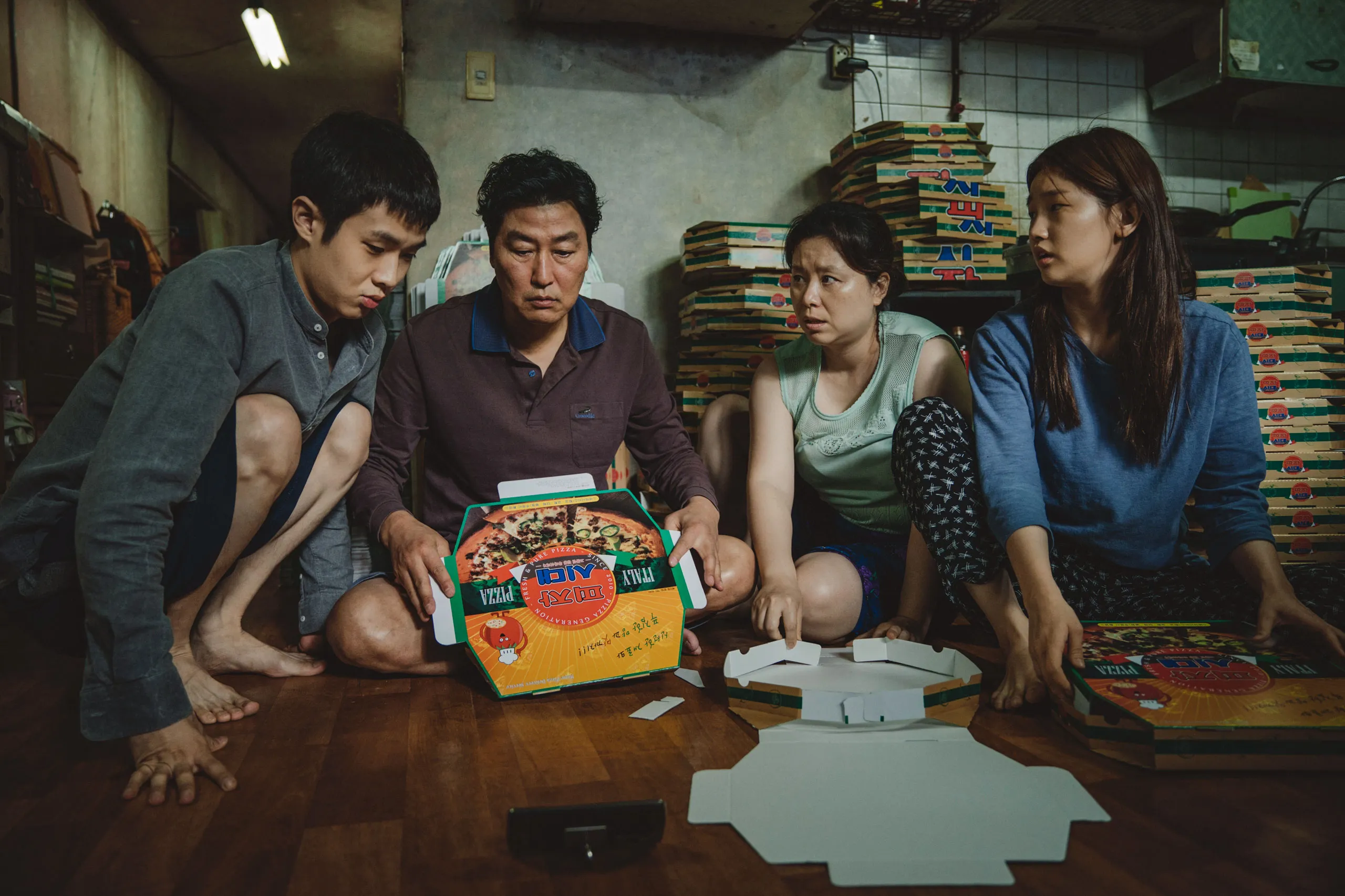
Bong presents a story where almost every individual is flawed, capable of either intense stupidity or villainy, with the rather violent sequence in the garden highlighting this fact and the fourth comment, in the most impressive fashion, in probably the most memorable scene in the film. The artistry in Hong Kyung-pyo's cinematography and Lee Ha-jun's set design is undeniable, with the two of them implementing a style much similar to Park Chan-wook's “The Handmaiden”, with the luxuriousness of the upper floor coming in to complete contrast with the almost gothic style of the basement, and the somewhat dramatic realism of Ki-taek's rundown house.
“Parasite”, undeniably, is an excellent film. However, I felt that Bong Joon-ho had managed to be smarter in the past(in “Memories of Murder” or “Mother”, for example) regarding the messages he wanted to communcate, and it is this element that strips the film of the title masterpiece.(Panos Kotzathanasis)
14. Lunana: A Yak in the Classroom (2019, Pawo Choyning Dorji, Bhutan)
Nominated for “Best International Feature Film” at the 94th Academy Awards

Films from Bhutan are rare on this side of the Globe, and we are always happy when one comes our way, even more so when it's as charming as “Lunana: A Yak in the Classroom”, Pawo Choyning Dorji's highland-based drama. Shot on location in the actual village of Lunana, with real local children and villagers, “Lunana: a Yak in The Classroom” is an enchanting and touching tale about the necessity of finding a peaceful moment in life to reassess the priorities and reflect on what happiness really meant to us. It is also, for the audience, a moment of beauty and kindness from a Country that rarely has the opportunity to grace us with its wonders. (Adriana Rosati)
2020s
15. Drive My Car (2021, Ryusuke Hamaguchi, Japan)
Won “Best International Feature Film” at the 94th Academy Awards

Good dramas have the potential of ripping off the bandages of your past wounds open. The self-imposed restraint in the first half makes the dialogue and confrontation in the latter half feel much more cathartic; so much of the underlying drama here is purely intuited through silence, that the emotional journeys of its characters take on a much greater meaning upon re-watch.”Drive My Car” is about the fear of missing out on what the other side has to say and offer, especially when there's a lack of resolution. The pandemic made us realize the importance of being physically present around people to truly understand them better. Films like this are a reminder of how similar all our methods of grieving can often be, overlapping each others'. A reminder of how important it is to communicate and be compassionate to people around you. (Aryan Vyas)
Bonus: 16. Perfect Days (2023, Wim Wenders, Japan)
Nominated for “Best International Feature Film” at the 96th Academy Awards

The movie currently vying for the top International Honours at the Oscars this year is yet another film from the Land of the Rising Sun, but this time in an Oscar first, one not directed by a non-Japanese Director. What started as a project to turn the spotlight on Japan's immaculate public toilet scene, soon transformed into this charming film by Wim Wenders, in perhaps the best form of his career.
“Perfect Days” is a one-man-show of Koji Yakusho, and the movie's success is largely dependent on the incredible quality, range, depth and charisma of one of Japan's most renowned and most accomplished actors. We get to follow his Hirayama through his most normal days, mostly wordlessly. Hirayama gets up early, puts on his uniform, gets into his car, puts on another cassette tape with some American classics, and goes to work. His job is cleaning public toilets around Shibuya.
That's why the film might also be described as a promotion of not only Tokyo, of Japan, but what we often call the Eastern philosophy in general. Enjoying your own smallness and mediocrity, playing your little part in the city's and country's gigantic organism with pure joy.(Paweł Mizgalewicz)


